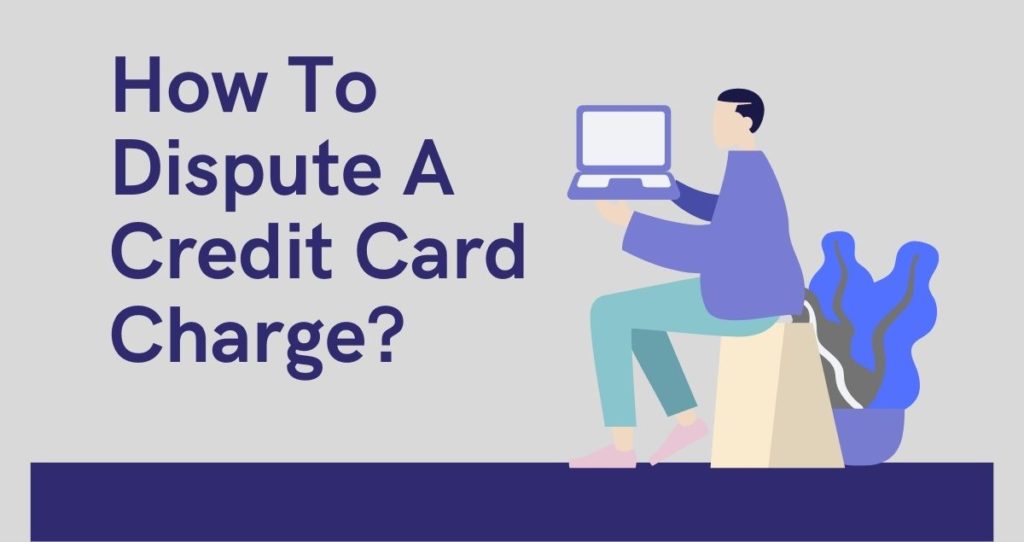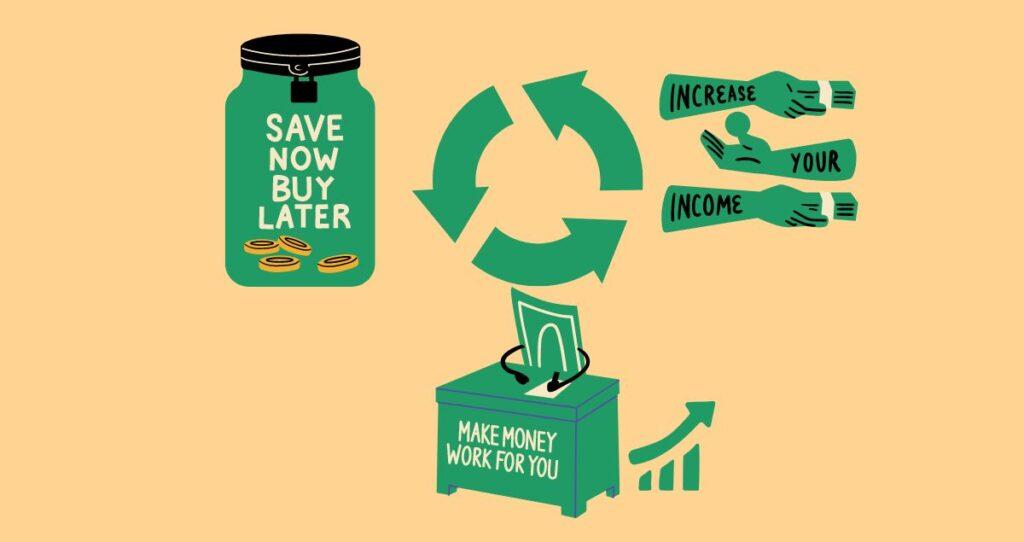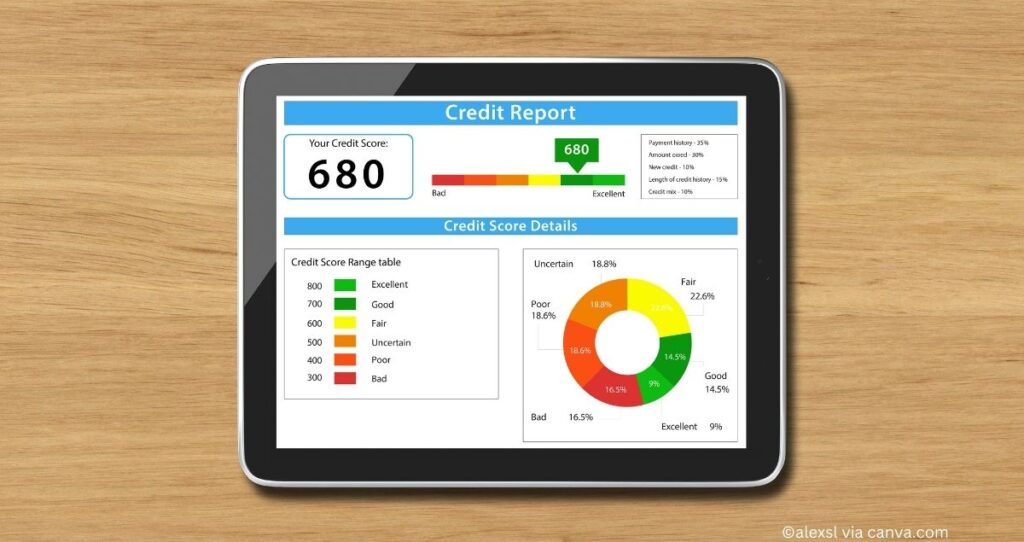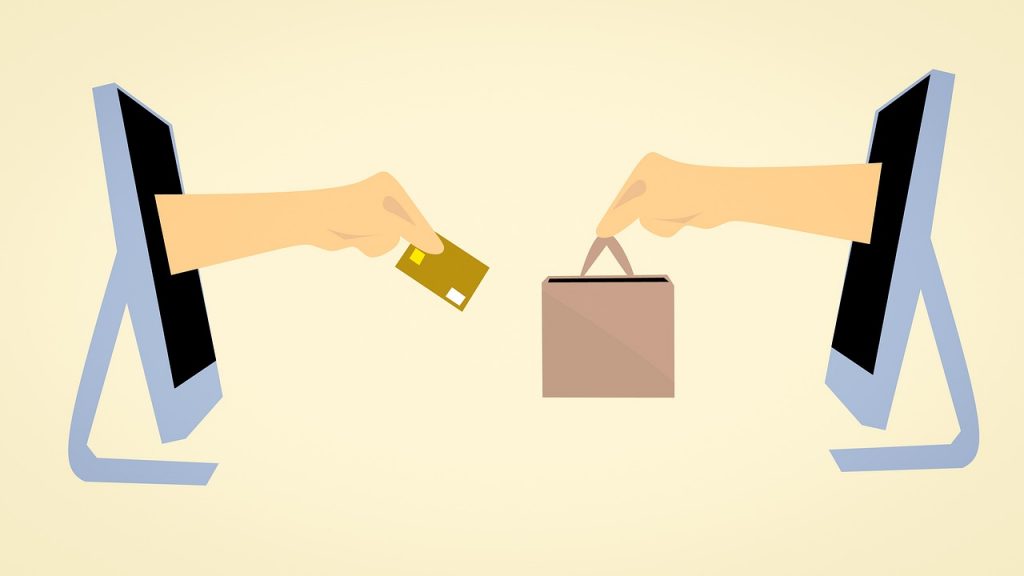How to dispute credit card charges? Have you been charged for something you did not buy? or you got charged twice or more time for an item you purchased?
These errors can be corrected through a credit card charge dispute. There are proper steps you must take to make sure that your credit card dispute goes through as you intended.
In this article, you are going to learn how to properly dispute your credit card charges.
Reasons you can dispute a credit card charge
There are many reasons you can dispute credit card charges. The following are the most common reason you may want to get your charges disputed.
- When you did not receive an item you bought
- If you were charged more than what the item costs
- You did not receive a refund for the item you returned
- Or your credit card was charged for the item you did not buy
Each one of these charges can be disputed.
What are the charges you should not dispute?
All transactions can not be disputed. If you bought an item and realized that you don’t like it, there are chances your dispute will not be accepted. However, you can return the item if the transaction meets the return policy of your merchant.
The following are some of the reasons, you should not file a dispute on a transaction.
- You bought an expensive item: There are times you will buy expensive items using your credit card and change your mind later. If this happens to you, you can return the item and get your money back depending on the return policy for the item. However, if the return policy does not include that particular item you bought, you cannot dispute these charges.
- The credit card authorized user made a purchase you don’t want: Transactions made by authorized users of your credit cards are not different than those made by you. When you authorize a person to use your account, you take responsibility for their actions on the account. This is why you should always have a mutual understanding of how your authorized user will use the card.
What happens after disputing credit card charges?
After disputing charges on your credit card, the company you are disputing to will investigate the dispute.
If you filed a dispute with your credit card provider, for example, your credit card provider will analyze your dispute and investigate the transaction.
After investigating the disputes, your credit card provider will give you results and decisions made from it. The results will be sent to you in writing.
If errors you reported are found to be valid, you will receive a full refund for the amount you disputed.
On the other hand, you will be responsible for the disputed amount and related charges such as interest related to the amount you disputed if your credit card provider finds the dispute irrelevant.
Can I dispute charges if the quality of goods and services is not good?
According to Credit Karma, the quality of goods and services is not among the category protected by the Fair Credit Billing Act (FCBA). You must work with the seller to resolve problems related to the products you bought from them.
If the seller is not helping, you can submit a dispute to your credit card provider. The charges should meet the following conditions in order to be considered, based on CreditKarma.
- The purchase must be greater than $50
- It happened in your state or within 100 miles from your billing address
It is important to provide your credit card issuer with enough evidence that support your dispute.
What should I do before disputing charges on my credit card?
Before disputing your credit card charges, make sure that it is the last option.
The following tips highlight some of the things you need to do before disputing charges on your credit card.
- Make sure that the dispute is relevant: Just because you do not like the transaction, it does not mean your dispute will be accepted. There are disputes that will not be accepted. For example, if you change your mind after buying a product, your dispute will not be relevant. You can return the product back to their seller depending on the return policy.
- Determine the type of dispute: Knowing the type of disputes you are having can help you proceed in the right direction. If you get up in the morning and see that $50 was charged from your credit card in a state you did not travel to, you will know that it is a fraud. In this case, you would call your credit card company to report the fraud. If you bought an item and got charged more than what the item costs, it would be easier to work with the merchant in order to fix the error.
- Work with the merchant first to fix the error before you dispute them to your credit card issuer: It is always important to work with the seller of your product to resolve issues related to the product you purchased. Maybe they charged you more than what the item cost. Or the product you bought from them did not work as intended. The seller can fix these kinds of problems easily and fast. Many companies have return policies on certain items. Before you file your complaint to the credit card issuer, work with the seller.
- Submit your dispute on time: To be considered, your dispute must be submitted on time. According to Valuepenguin, you must submit your dispute within 60 days from the transaction date.









